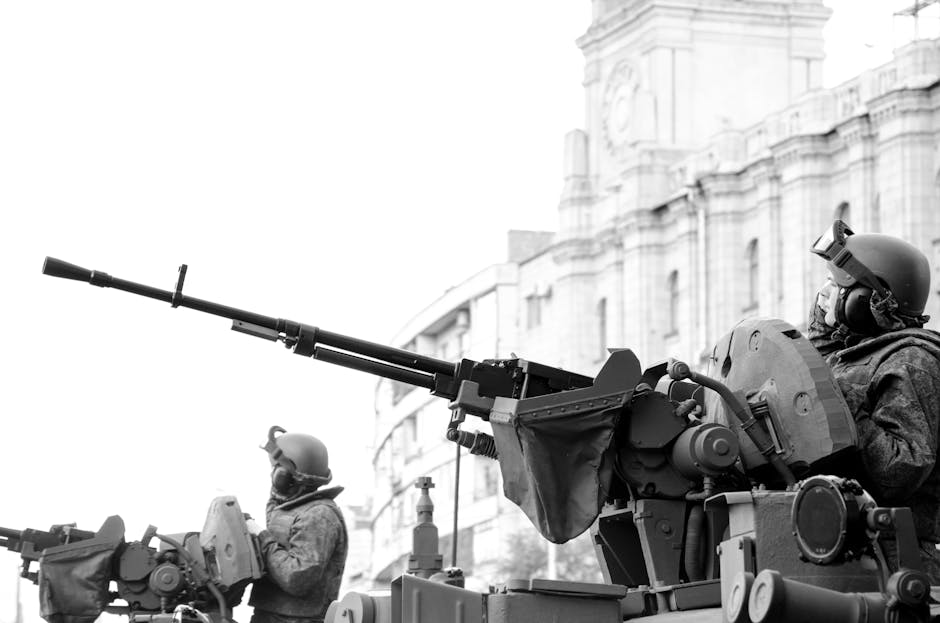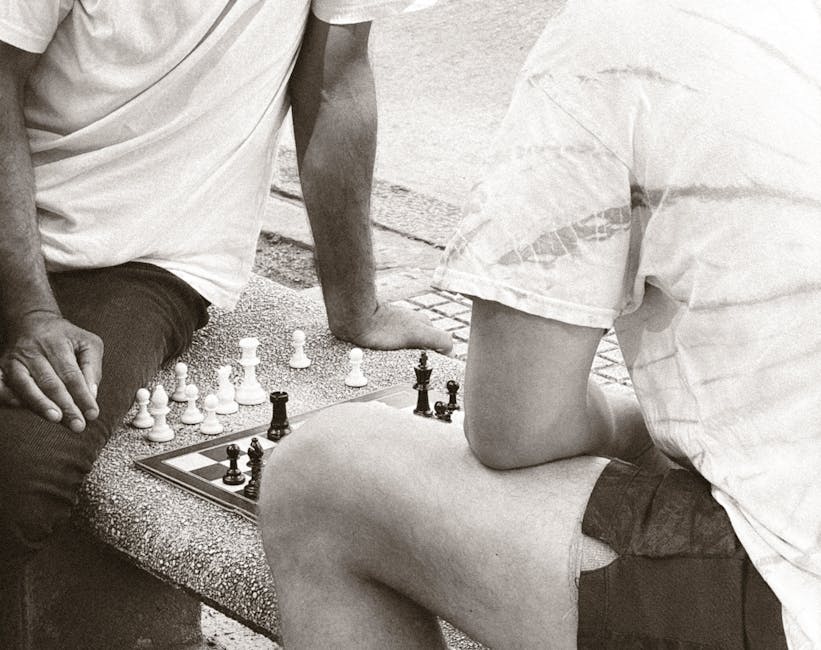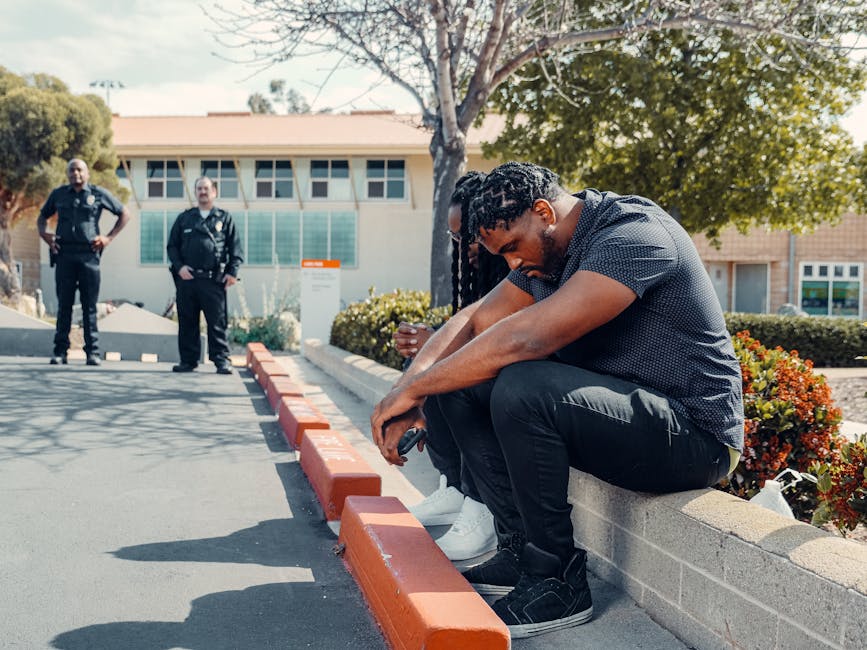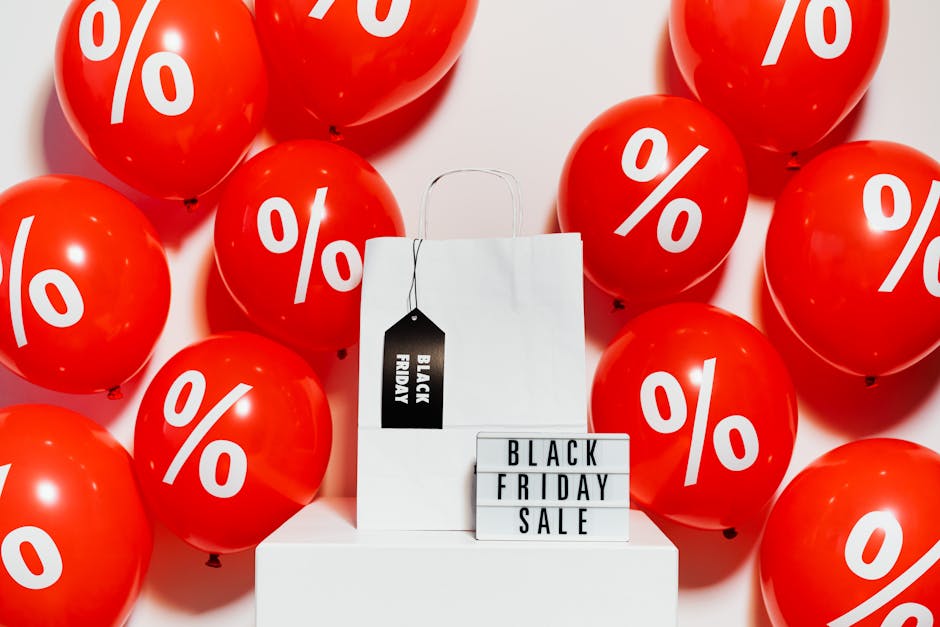The Hidden Addiction: When War Becomes a Drug
War is often glorified as a realm of heroism, but beneath the medals lies a darker truth: some soldiers become addicted to the chaos of battle. This psychological dependency, blending thrill and shame, remains a taboo yet critical aspect of military life.
The High of Combat: Why Soldiers Crave Battle
For many, war is more than duty—it’s an adrenaline drug. The “combat cocktail” of endorphins, dopamine, and norepinephrine creates a high that civilian life can’t replicate.
“I miss the clarity of war,” admits Major Arjun Singh (name changed), a veteran of multiple tours. “At home, life feels meaningless.”
The intensity of combat—where every decision matters—leaves many struggling with the monotony of civilian existence.
The Cycle of Dependency: Why Soldiers Keep Returning
The military system unintentionally fuels this addiction. Deployments become a rhythm, and reintegration feels impossible.
“Some guys chase it,” says Captain Priya Malhotra (name changed). “They only feel alive in the field.”
Stigma around mental health pushes soldiers into silence, driving them back to war instead of seeking help.
The Shame of Loving War: A Soldier’s Guilt
The darkest part? Many feel guilty for missing combat.
“I hated myself for longing for war,” confesses a former commando. “But part of me loved it.”
This internal conflict fuels PTSD, depression, and substance abuse.
Breaking the Cycle: How to Help Veterans
- Better Mental Health Support – End stigma and expand therapy access.
- Purpose Beyond War – Education, jobs, and community programs.
- Honest Conversations – Stop romanticizing war while honoring sacrifice.
Conclusion: A Call for Awareness
Soldiers addicted to war face a lifelong struggle. Society must acknowledge their pain—and offer real solutions.
NextMinuteNews honors veterans’ bravery while advocating for their mental health. Need help? Reach out to veterans’ support groups today.




